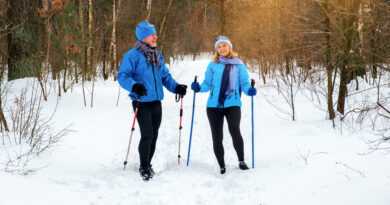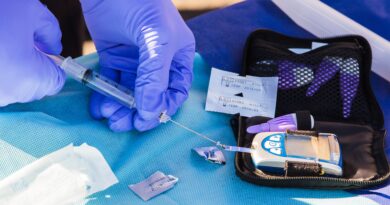Smart Travel Tips for People Living with Diabetes
Smart Travel Tips for People Living with Diabetes
Summer is upon us and it’s time for those long awaited vacations. It is easy to get off track, but we have some healthy strategies to make your summer the best yet! Here are some smart travel tips for people living with diabetes.
Keep Your Supplies Cool
We suggest keeping your diabetes equipment cool, as the summer heat can damage blood sugar monitors, insulin pumps, and test strips. Insulin and other medications can spoil with extreme heat. Do not store medications or supplies in your car, and keep them out of the direct sun. Get a diabetes specific organizer to store your medicine. These organizers offer the right gel cooling packs and specific storage areas for your products. Check out our Deluxe Organizer which offers a great value.
Carry Your Supplies With You
According to the Transportation Security Administration, diabetes supplies,
equipment, and medications can be carried on board after they’ve been screened via X-ray or by hand. It’s
smart to keep your supplies in your carry-on, in case your checked luggage gets lost.
Bring Extra Supplies
Bring an extra week’s worth of medications and blood sugar testing supplies with you on vacation in case of travel delays or luggage mishaps. With all the delays and cancellations, it would be very beneficial to have these with you just in case you need them!
Find Healthy Food Items
It is best to find healthy food options whether you are at the airport or on the
road. You want to opt for fruit, nuts, sandwiches, yogurt, salads with chicken or fish, eggs and omelets. If you go for a burger consider trying a lettuce wrap instead of a bun. Get creative – try the fajitas, but skip the tortillas and rice.
Get Walking
Stop and get out of the car or walk up and down the aisle of the plane or train every hour or two to prevent blood clots (people with diabetes are at higher risk).
Foot Care
Vacations usually involve a lot of walking. Wear comfortable shoes for your daily activities and
don’t go barefoot. Check your feet on a regular basis for blisters or broken skin.




